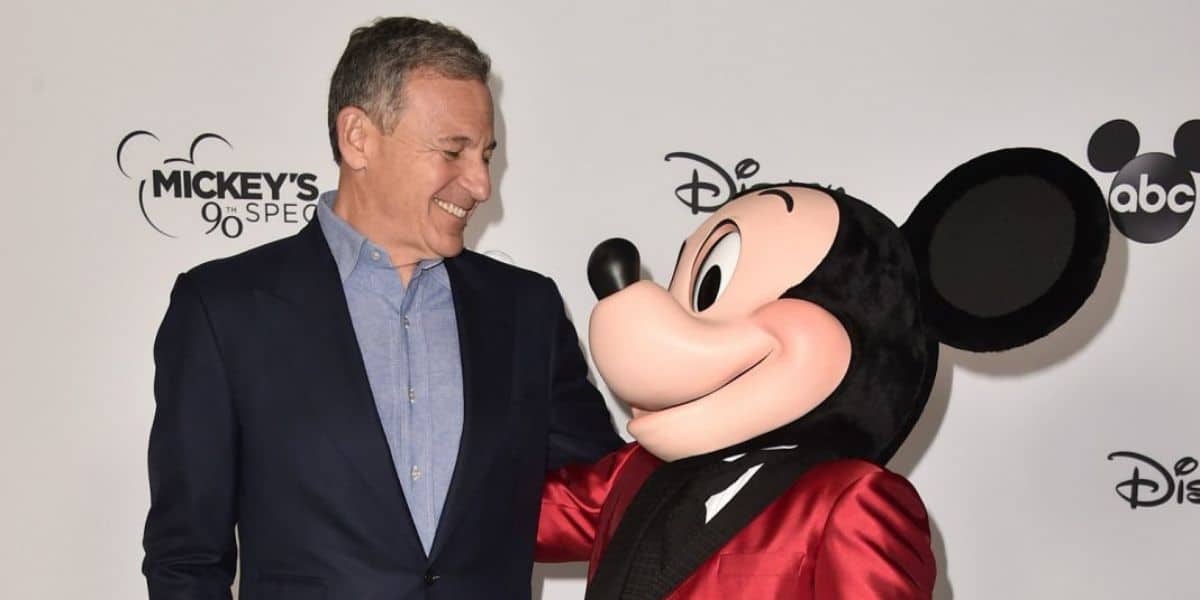One year after a sweeping prisoner exchange secured his freedom, Paul Whelan says returning to the United States after more than five years of Russian imprisonment has been a profound and challenging adjustment. “You’re literally starting over,” he said.
Whelan described the immense difficulty of rebuilding a life from scratch. “For people like me who have come home after five-and-a-half years, we really don’t have very much. House is gone. Cars are gone. Employment’s gone. No health insurance,” he explained.
The psychological toll has been significant. Whelan suffers from post-traumatic stress disorder, which is often triggered in hotel rooms—a reminder of his violent 2018 arrest on espionage charges in a Moscow hotel, the event that began his nearly six-year ordeal. Readjusting to his home in Michigan, he found that even familiar routines felt alien and noted he had developed new seasonal allergies after his long absence.
“It did take a few months just to kind of get back into the hang of it,” Whelan said, reflecting on simple activities like walking his dog, who passed away during his detention.
Finding work has proven to be a major obstacle. Whelan noted that many companies are hesitant to hire individuals with a prison record, regardless of a wrongful detention designation, and he is competing against applicants who do not have a six-year gap on their resumes. “Most people understand the wrongful detention issue,” he said. “They don’t know what to do with it. It doesn’t necessarily fit into their policies or procedures.”
This experience has fueled his advocacy for legislative reform. Whelan is working with Michigan Democratic Representatives Debbie Dingell and Haley Stevens to pass legislation that would provide wrongfully detained former hostages with compensation and funded medical, dental, and psychological care, as outlined but never funded in the Levinson Act.
A spokesperson for Rep. Dingell confirmed the effort, stating, “She is working on legislation to address these issues that have been raised in her experience working with Paul.” Whelan also hopes to discuss the matter with President Donald Trump and Secretary of State Marco Rubio.
Whelan remains in contact with inmates he was imprisoned with at the IK-17 penal colony in Mordovia. He said the facility has since closed to be repurposed for Ukrainian prisoners of war, and his friends have been transferred to other locations where conditions have deteriorated. “The food is worse than what we had,” he recounted. “Russia is having a tremendous problem with the economy. The prison guards aren’t happy.” He added that foreign prisoners are reportedly being pressured to fight in Ukraine in exchange for their freedom.
He has also found camaraderie with other Americans freed alongside him, including journalist Evan Gershkovich and U.S. permanent resident Vladimir Kara-Murza. Whelan likened the group to the “Island of Misfit Toys” from the classic Christmas film.
“It’s a unique club of people from all different backgrounds who were brought together not by their choosing, and we have shared experiences,” he said.
To mark the anniversary of his release, Whelan plans a quiet commemoration. “There’s a special bottle of scotch that I have that I’ll probably open, and I think I’ve got a box of cigars sitting around.”
Source link






